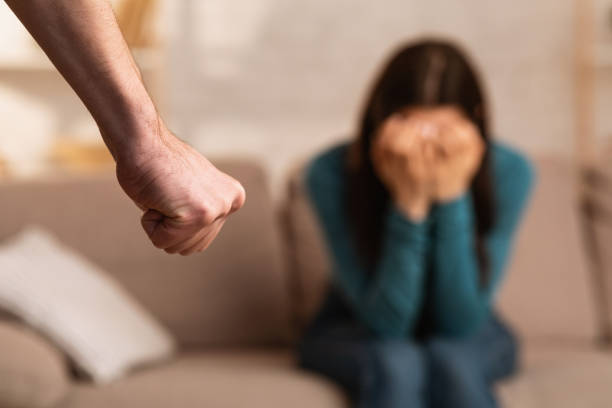LIFESTYLE

NEW STUDY: VERBAL ABUSE HURTS KIDS AS MUCH AS PHYSICAL ABUSE
Words Can Wound: Study Finds Verbal Abuse Is as Harmful to Kids as Physical Abuse
A new study has revealed a powerful truth: the words we use with children can hurt just as deeply as physical harm.
Published on August 5 in the medical journal BMJ Open, the study found that children who experience verbal abuse are 60% more likely to suffer poor mental health as adults. That's even higher than the 50% increase seen in those who were physically abused.
A Wake-Up Call for Parents, Teachers, and Caregivers
For too long, verbal abuse — like name-calling, blaming, or constant criticism — has been brushed off as “not a big deal.” But this study shows otherwise. Words like “You’re useless”, “You never do anything right”, or “Why can’t you be more like your sister?” can leave lasting scars.
Lead researcher Dr. Mark Bellis from Liverpool John Moores University put it plainly:
“Verbal abuse in childhood can leave mental health scars as deep and long-lasting as those caused by physical abuse.”
A Generational Shift in Abuse
The study also tracked how abuse patterns are changing over time. Physical abuse has dropped significantly in England and Wales — from 20% among those born in the 1950s–70s to just 10% in those born after 2000.
But verbal abuse? It’s on the rise.
And it’s not just the UK. In the U.S., a 2021 CDC survey found over 60% of teens had experienced emotional (verbal) abuse, compared to 32% who had experienced physical abuse.
What Counts as Verbal Abuse?
Experts say it goes far beyond yelling. It includes:
Insults and name-calling
Belittling or mocking
Constant blaming
Humiliating or threatening speech
Comparing one child unfairly to another
Dr. Andrea Danese, a child psychiatrist at King’s College London, explained that verbal abuse can distort a child’s sense of self, making them feel unworthy or unloved.
“It is often unintentional, but it can have deep effects,” she said.
Children Believe What They Hear
Dr. Shanta Dube, a public health expert at Wingate University, reminds us that children are literal thinkers.
“Harsh words are taken at face value. They can shape a child’s entire self-concept.”
Time for a Cultural Shift
Although the study doesn’t prove direct cause and effect, the large sample size — over 20,000 adults — gives the findings serious weight.
Dr. Bellis says it’s time to treat verbal abuse with the same urgency we’ve given physical abuse:
“We’ve raised awareness about physical abuse. Now we must do the same for verbal harm.”
What Can We Do?
Teach emotional regulation: Help adults pause before reacting in anger.
Model respectful communication: Kids learn by watching.
Practice gentle parenting: Combine warmth with clear boundaries.
Say sorry when needed: A sincere apology or reassurance can go a long way.
Everyone — parents, teachers, coaches, relatives — plays a role. As Dr. Dube said:
“Language has power. The way we speak to children can shape how they see themselves — for better or for worse.”
"This represents a significant development in our ongoing coverage of current events."— Editorial Board









